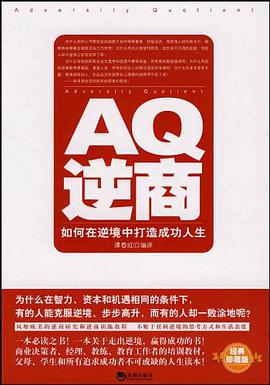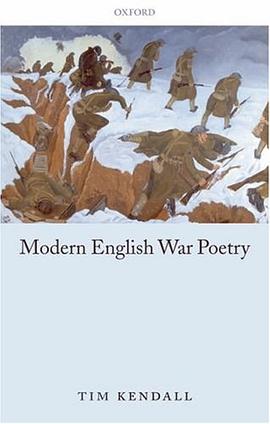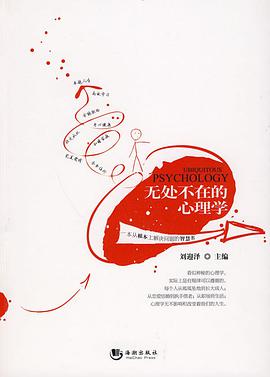

This is the first study of Irish improvement fiction, a neglected genre of nineteenth-century literary, social, and political history.Ireland and the Fiction of Improvement shows how the fiction of Mary Leadbeater, Charles Bardin, Martin Doyle, and William Carleton attempted to lure Irish peasants and landowners away from popular genres such as fantasy, romance, and 'radical' political tracts as well as 'high' literary and philosophical forms of enquiry. These writers attempted to cultivate a taste for the didactic tract, an assertively realist mode of representation. Accordingly, improvement fiction laboured to demonstrate the value of hard work, frugality, and sobriety in a rigorously realistic idiom, representing the contentment that inheres in a plain social order free of excess and embellishment. Improvement discourse defined itself in opposition to the perceived extremism of revolutionary politics and literary writing, seeking (but failing) to exemplify how both political discontent and unhappiness could be offset by a strict practicality and prosaic realism.This book demonstrates how improvement reveals itself to be a literary discourse, enmeshed in the very rhetorical abyss it sought to escape. In addition, the proudly liberal rhetoric of improvement is shown to be at one with the imperial discourse it worked to displace. Helen O'Connell argues that improvement discourse is embedded in the literary and cultural mainstream of modern Ireland and has hindered the development of intellectual and political debate throughout this period. These issues are examined in chapters exploring the career of William Carleton; peasant 'orality'; educational provision in the post-Union period; the Irish language; secret society violence; Young Ireland nationalism; and the Irish Revival.
具体描述
读后感
评分
评分
评分
评分
用户评价
相关图书
本站所有内容均为互联网搜索引擎提供的公开搜索信息,本站不存储任何数据与内容,任何内容与数据均与本站无关,如有需要请联系相关搜索引擎包括但不限于百度,google,bing,sogou 等
© 2025 book.wenda123.org All Rights Reserved. 图书目录大全 版权所有




















